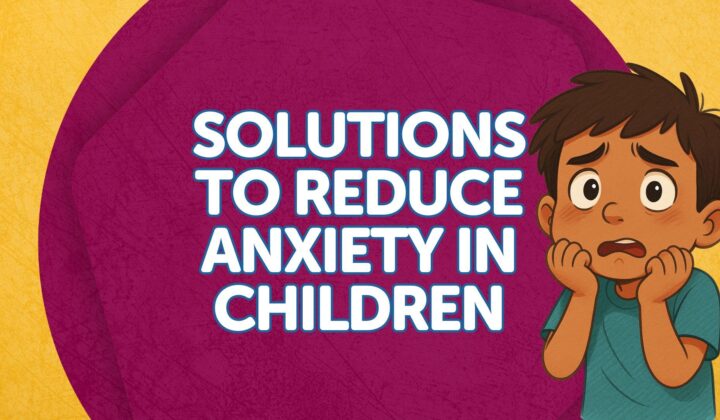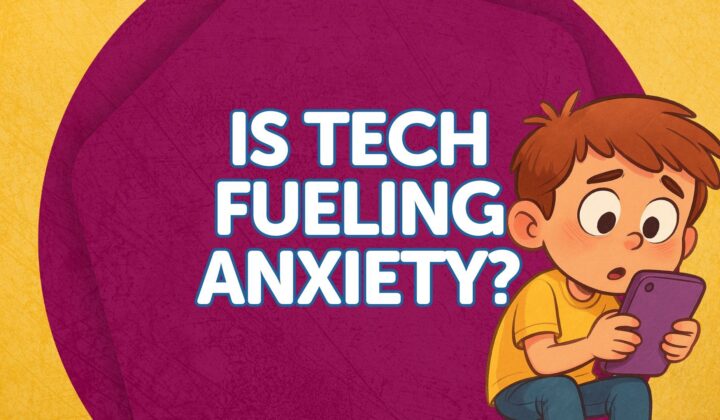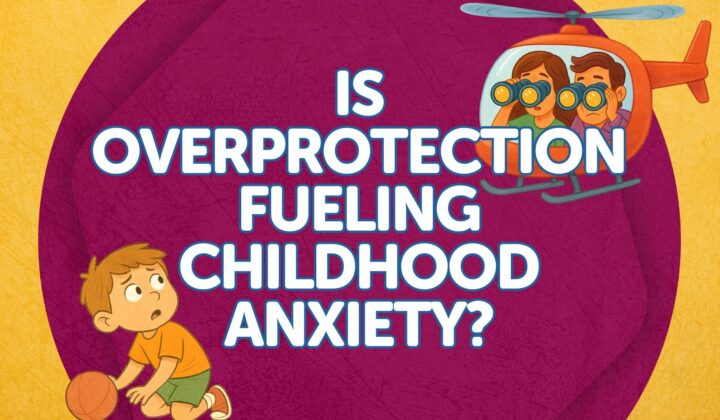Learn more about the journey that led to us equipping kids to carefully evaluate every idea they encounter.
Meet Elizabeth Urbanowicz, the classroom teacher who developed these materials for her students.
Meet members of our team who have contributed to curriculum development.
Hear from real users of the Foundation Curriculum.
Learn what we believe about God, Jesus, Scripture, and more.
The Importance of a Comparative Worldview Education
Most Christians recognize the problem. But the solution is not so obvious.
Our kids are leaving the faith. Those cute toddlers that once sang “Jesus Loves Me” are now young adults dancing to the tune of atheism, agnosticism, and a host of other false beliefs. There is no quick-fix solution. But there is one crucial component missing in our discipleship – comparative worldview education.
Comparative worldview education? How can this solve our discipleship shortcomings? That is a great question. Before we dive into why comparative worldview education is needed, let’s explore what this type of training is and what it seeks to do.
Comparative Worldview Education Helps Students Understand the Concept of Worldview
Your worldview is what you believe is true about life and the world around you. These beliefs affect all that you think, say, and do. Comparative worldview education helps students understand that everyone has a worldview. Some worldviews are true – lining up with reality. Others are false – not lining up with reality.
When I first started teaching Foundation Comparative Worldview Curriculum, one third-grade student surprised me with an impressive analogy. She said, “If our worldview is how we see the world, then God’s Word must be like my prescription glasses. God’s Word helps us see the world how it really is, just like my glasses help me see how things really are.” Comparative worldview education helps students understand that our worldview informs how we view all of life.
Comparative Worldview Education Teaches Students What Other Worldviews Believe
Comparative worldview education introduces students to essential worldview questions such as – What is true? What should I worship? How did life begin? Who am I? How can I tell right from wrong? Students explore these questions and evaluate the answers provided by different worldviews.
My students loved this part of comparative worldview education. It gave them a framework through which they could filter every message they received. One mom told me her children started pausing movies and TV shows to discuss and evaluate the worldview messages presented. Comparative worldview education turns learning into a grand adventure as students begin to actively evaluate every idea they encounter.
Comparative Worldview Education Equips Students to Think Critically
Comparative worldview education provides students with the opportunity to contrast the teachings of competing worldviews with Christianity. This process helps students realize the Christian worldview lines up with reality in a way that no other worldview does.
I was surprised to see how quickly my students picked up on the fallacies of other worldviews. After learning that some worldviews teach that right and wrong are different from person to person, one student said, “I am confused. What if I think it is right for me to buy an Xbox, but my dad thinks it is wrong? Who is correct? This just wouldn’t work.” Comparative worldview education helps students critically evaluate every claim they encounter.
Now that we have a general idea of what comparative worldview education is, let’s begin exploring how this type of training can address our current short-comings in discipleship.

About Elizabeth Urbanowicz
Elizabeth Urbanowicz is a follower of Jesus who is passionate about equipping kids to understand the truth of the Christian worldview. Elizabeth holds a B.S. in Elementary Education from Gordon College, an M.S.Ed. in Education from Northern Illinois University, and an M.A. in Christian Apologetics from Biola University. Elizabeth spent the first decade of her professional career teaching elementary students at a Christian school. Elizabeth now works full time on developing comparative worldview and apologetics resources for children. Her goal is to prepare the next generation to be lifelong critical thinkers and, most importantly, lifelong disciples of Jesus.
Related Posts and insights

The Anxious Generation: Wise Solutions to Combat Growing Anxiety in Children
Discover practical, biblical solutions to combat rising anxiety in children. Learn age-appropriate strategies for building resilience from 0-13 years.

The Anxious Generation: How Under Protection in the Virtual World Fuels Anxiety
Discover how phone-based childhood creates social deprivation, sleep loss, attention fragmentation & addiction in kids. Biblical worldview solutions for parents.

The Anxious Generation: Is Overprotection Fueling Childhood Anxiety?
Discover why overprotecting children creates anxiety & mental health issues. Learn Biblical strategies to raise confident kids who thrive in God's design.
